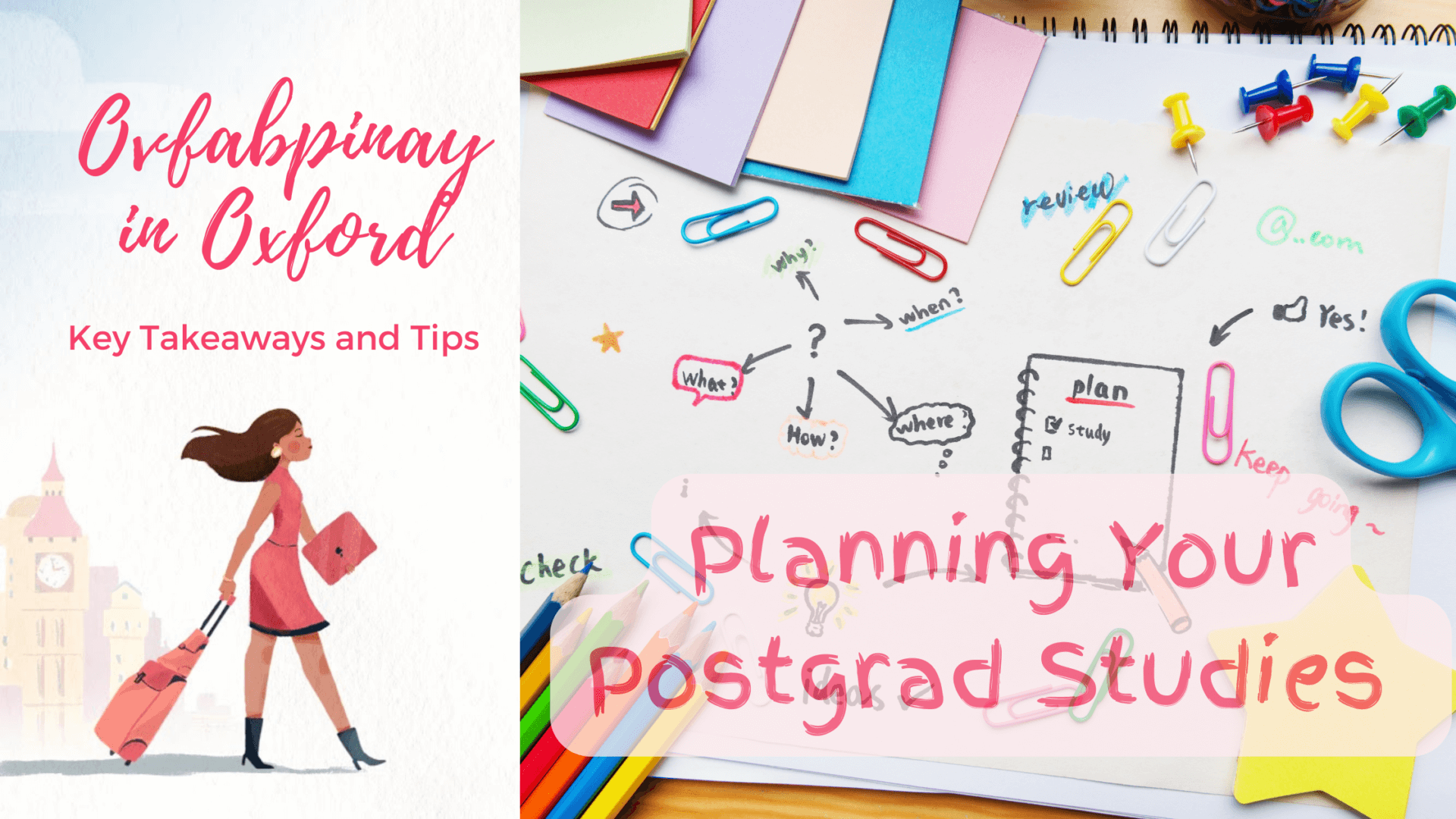Study group. The phrase is definitely alien to me.
When I was still in school, the closest thing to a study group that I experienced was limited to group works and study dates. Yep, that was a thing. Me and my boyfriend would spend some quality time together – get this- just studying our separate course materials (we had different majors) and trying our best not to jump each other. I remember we used to hang out in Burger King because of free drink refills. What a freeloader and cheap date I was back then.
But with classmates? Never. Well, I did have a reputation. I don’t really know what my classmates called me but let’s just say that if a classmate is seated next to me during an exam, that classmate is doomed- because I never participated in showcasing my skills in creative copying and sharing of answers- in other words, I never ever cheated during an exam. I was such a goody two shoes that even sharing my homework answers was a mortal sin for me. A little extreme, I know, but hey, that’s me and I’m still proud of it.
Well, okay. Not that study groups are cheating. All I’m saying is probably that’s why I was never keen (and also never invited, if there were any) on study groups back then is because I was very competitive and used to studying all by myself.
Fast forward to Postgrad-in-Oxford-in-the-time-of-Corona, my impression is that study groups are meant to be really helpful. So I thought, “Why not?”
Our cohort started the Sunday study group three weeks ago. But since I don’t really want to do any work/study related stuff on weekends, I independently organized the Tuesday evening study group and kept my fingers crossed in the hopes that people will actually join in.
On the day of the first session, I eagerly watched the Zoom screen and waited to see who will join. To my delight, four classmates participated. Two from UK, one from Sweden, and one who frequently travels between Portugal and Angola. We spent the first session getting to know each other, agreeing on how we would like to conduct the regular sessions going forward, and what to tackle in the next meeting. Oh and more importantly, we also agreed that we will no longer accept new members. This decision makes sense. With five people, you can have a good discussion going without having to actively facilitate.
I felt good and motivated after our first session. We decided to tackle a business case about a famous airline company for the next meeting.
The next morning I started reading the business case. It’s about 40 pages long. Wow – so many words, information and also appendices. Daunting to say the least. How do I even get the time to actually answer the assessment questions?
And before I know it, the week has passed and well, it’s time for our second session…ALREADY!!!
I was ready to hang my head in shame and told my group mates that I did not even manage to complete one framework. This is funny because during session 1, I was even like, “No, let’s answer both questions! We should practice!” Hahaha. What was I thinking? Thankfully the majority were the same. So we spent most of the time discussing our strategy (how appropriate!) for answering the assessment questions.
I found the second session very helpful. More heads are indeed better than one. It’s nice to see how other people interpret the business case and respond to the questions. I also like the fact that we talk in detail more about how to actually use the various frameworks. Who would have thought that VRIO, PESTEL and Porter’s Five Forces (to name a few) would become my buzzwords? And Blue Ocean strategy? I actually get it!
The third session was pretty much the same for me. Our topic was to address the second question of the business case and I again was hanging my head in shame although I did manage to do a SWOT analysis.
The fourth session, I was quite excited. We had agreed to work on another business case. This time it’s about a specialty coffee company. I still was not able to complete everything, BUT I managed to fill-out the strategy review template. I was really proud of that and my group mates seemed to have enjoyed my presentation.
So all in all, it has been positive so far. I’m glad I decided to create my own weekly session and was able to form a study group with people who are in it 100%. Given everyone’s busy schedules, it’s good to stay in touch, to keep talking about what we have learned (a month has passed already!) and the application of the concepts through the business cases.
Fingers crossed I won’t have to hang my head in shame in the future sessions. Study on!




